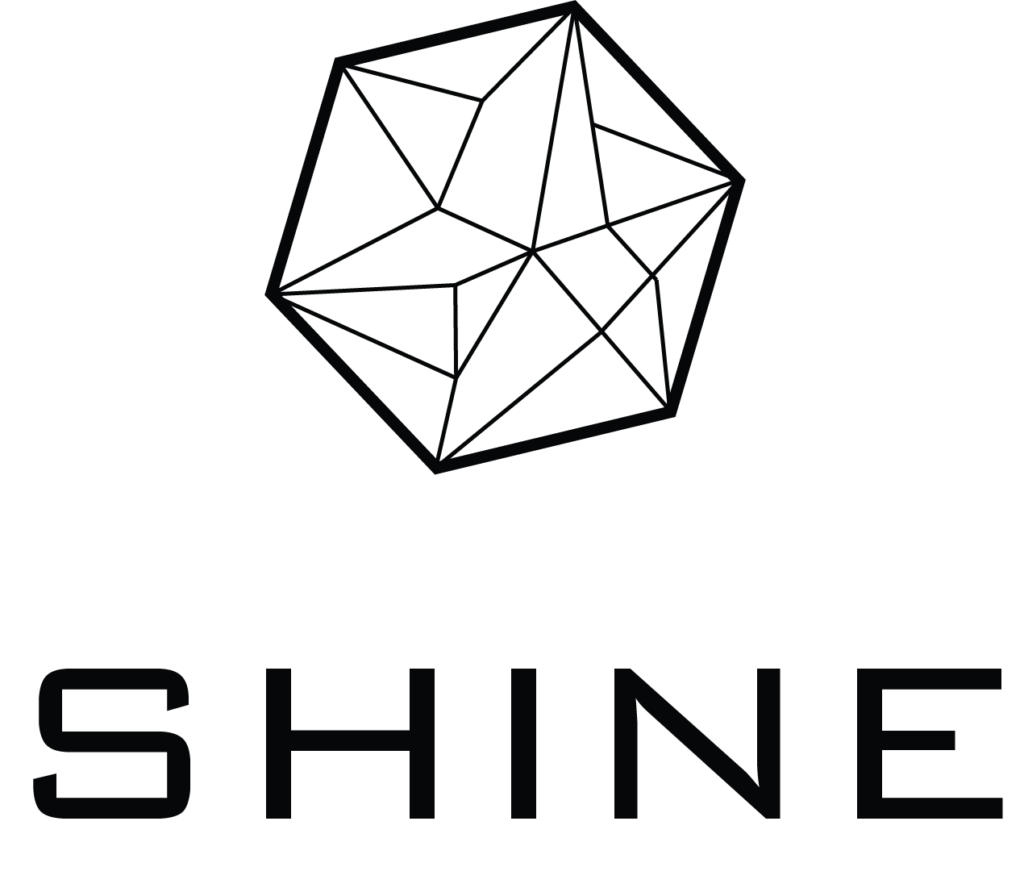September 2022 – As European cities increase and improve their nightlife offer to residents and visitors, aware that this is a major aspect of their attractiveness and local economy, they also grapple with security issues: how to ensure that nightlife is peaceful? How to respond to the expectations of revellers while respecting the right of residents to rest? How to prevent harm and risky behaviours? These are some of the questions that Efus is working on either through its on-going activities and in particular its dedicated working group, or through European projects.
Sexual harassment: the Ask for Angela initiative
Among its recent activities, Efus organised on 15 September a web conference on the Ask for Angela initiative, a scheme whereby local nighttime venues such as cafes, restaurants, bars, nightclubs, etc., offer refuge and support to anybody who feels unsafe, vulnerable or threatened. People can discreetly seek help by approaching venue staff and asking them for ‘Angela’. This code-phrase will indicate to staff that they require help and a trained member of staff will then look to support and assist them. This might be through reuniting them with a friend, seeing them to a taxi, or by calling venue security and/or the police.
The experience of Bordeaux
Representing the City of Bordeaux (France), Vanina Hallab, Crime Prevention Officer and Coordinator of the Bordeaux at Night project, and Sarah Jegou, Officer for Equality Between Women and Men, explained how the City Council deployed the Ask for Angela scheme.
It was first piloted in July 2021, both at night and during the day, in a selected number of neighbourhoods as the city was preparing to come out of the Covid-19 lockdown. The City Council had decided to implement the initiative because it had observed increased feelings of insecurity among the local population, and that women and minority groups were avoiding certain areas where they felt unsafe.
About 65 local partners to date
The City Council, through its Bordeaux At Night (Bordeaux la Nuit) project, concluded partnership agreements with about 65 local partners (to date), such as nighttime venues, the local public transport system, local associations, local businesses, sports clubs and local museums. When an entity joins the scheme, they have to attend a training provided by the City Council on sexual harassment and how to support victims –160 people have taken part so far. The partner entity then showcases the Ask for Angela label on their window or other visible place so that people know it is an establishment where they can seek help.
Hard to evaluate the results
The scheme has generated a lot of attention from local media, and the Bordeaux City Council keeps receiving requests for information from local institutions and civil society organisations.
Vanina Hallab and Sarah Jegou explained that managing it is quite time-consuming – roughly half a day per week – but that it is worth it: “It is an interesting project in terms of public policies, and also because it gives tools to our local partners on issues of sexual harassment and violence as well as discrimination.”
Now, one of the main difficulties is to evaluate results, as there is no feedback on how many people actually use the scheme. The City Council has put in place a user-friendly, light system for partners to share information on who uses the scheme, but so far there has been no feedback at all. “Our partners say that nobody asks for Angela, but that the scheme is nevertheless beneficial because they are more aware of situations and can proactively intervene in case someone needs help,” said Vanina Hallab. The City Council is looking at how to better evaluate the scheme.
> The minutes of this web conference as well as a data sheet on the Bordeaux scheme will be shortly available to members through Efus Network
> More information on the scheme on the website of the Bordeaux City Council (in French)
The SHINE project
Following up on the City of Bordeaux’s presentation, Efus presented the latest update on the SHINE European project led by the Lithuanian Centre for Crime Prevention, in which it is a partner.
SHINE seeks to foster a shared culture among nightlife stakeholders and to provide them with appropriate tools to prevent sexual harassment in nightlife venues. The project is designing tailor-made seminars / interactive working sessions and relevant support material for local and regional authorities, their technical staff and local nightlife stakeholders. The aim is to support local and regional authorities in their actions to prevent and mitigate sexual harassment in nightlife entertainment venues.

Five Efus member cities to host seminars
Five Efus member cities – Leuven (BE), Erzsébetváros-7th district of Budapest (HU), Marseille (FR), Prato (IT), Strasbourg (FR) – have been selected to host and co-organise such seminars. Efus will lead the sessions in collaboration with experts specialised in situational crime prevention, awareness campaigns, bystander engagement and victim support.
The work carried out through SHINE is shared with Efus’ working group on nightlife, which it coordinates jointly with the Nightlife Platform (Plateforme de la Vie Nocturne, PVN), a long-time partner. Established in 2017 in Paris, PVN gathers elected officials and representatives from the French government, as well as local and regional authorities, trade organisations, academics, experts and citizens who work together on all issues related to urban nightlife, mostly in France but also increasingly at the European level.
> Follow Efus’ working group on nightlife on Efus Network> More information on the Nightlife Platform





